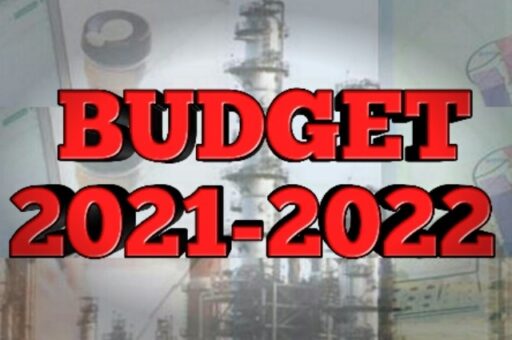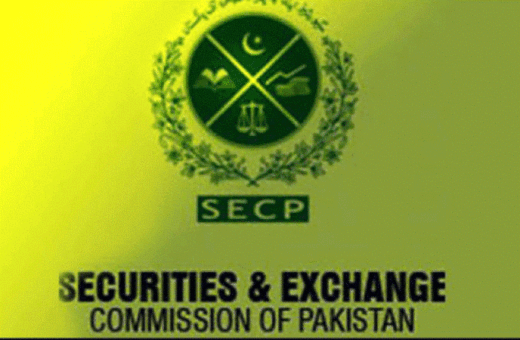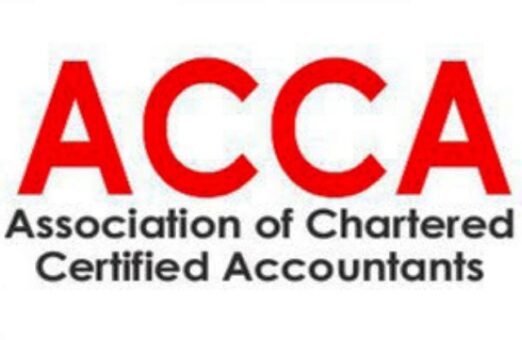ISLAMABAD: The federal government on Friday presented budget for fiscal year 2021/2022 and allocated Rs900 billion for public sector development program (PSDP).
Following are the highlights of allocations PSDP for various ministries and divisions for the fiscal year 2021-22 announced by the Federal Government here Friday:
— Total outlay of the PSDP for the fiscal year 2020-21 is Rs 2.1 trillion
— The share of federal PSDP is Rs 900 billion while that of provincial PSDP is Rs 1.235 trillion.
— Rs 3,558.2 million has been earmarked for Aviation Division.
— Board of Investment will get Rs 80 million.
— Rs 46,155 million has been earmarked for Cabinet Division.
–The Climate Change Division will get Rs 14,327 million.
— Rs 1,613 million has been set aside for Commerce Division.
— Rs 451.32 million are allocated for Communication Division (other than NHA).
— Rs 1,977.63 million has been earmarked for Defence Division.
— Rs 1,745 million has been set aside for Defence Production Division.
— Rs 800 million are allocated for Establishment Division.
— The Federal Education and Professional Training Division will get Rs 9,700 million.
— Rs 123,131 million has been allocated for Finance Division.
— The Higher Education Commission (HEC) will get Rs 42,450 million.
— Rs 24,211.5 million has been earmarked for Housing and Working Division.
— Rs 279 million will be provided to Human Rights Division.
— Rs 2,916 million has been set aside for Industries and Production Division.
— Rs 1,899 million are allocated for Information and Broadcasting Division.
— Rs 9,361.05 million will be provided to Information Technology and Telecom Division.
— Rs 3,734.73 million has been set aside for Inter-Provincial Coordination Division.
— Rs 2,1048.71 million has been granted for Interior Division.
— Rs 69,959.9 million has been earmarked for Kashmir Affairs & Gilgit Baltistan Division.
— Rs 6,027.35 million has been earmarked for Law and Justice.
— Rs 4,461 million has been allocated for Maritime Affairs Division.
— Rs 489.39 million has been granted to Narcotics Control Division.
— Rs 12,017 million has been earmarked for National Food Security and Research Division.
— Rs 21,722 million has been allocated for National Health Services, Regulation & Coordination Division.
— Rs 125.9 million has been provided for National Culture and Heritage Division.
— Rs 27,000 million has been earmarked for Pakistan Atomic Energy Commission.
— Rs 200 million has been set aside for Pakistan Nuclear Regulatory Authority.
— Rs 2,349.5 million has been earmarked for Petroleum Division.
— Rs 19,245.5 million has been allocated for Planning, Development and Special Initiatives Division.
— Rs 589.9 million has been allocated for Poverty Alleviation and Social Safety Division.
— Rs 30,025.6 million has been set aside for Railway Division.
— Rs 493 million has been allocated for Religious Affairs and Interfaith Harmony Division.
— Rs 4,025.06 million has been earmarked for Revenue Division.
— Rs 8,341 million has been earmarked for Science and Technology Research Division.
— Rs 7,368.86 million has been earmarked fr SUPARCO.
— Rs 103,472.69 million has been allocated for Water Resource Division.
— Rs 113,750 million has been set aside for National Highway Authority.
— Rs 69,485 million has been allocated for NTDC/PEPCO.
— Rs 5000 million has been set aside for COVID Responsive and Other Natural Calamities Programme.
— Rs 61,500 million for Viability Gap Fund (VGF)
— Rs 22,000 million set aside for SDGs supplementary fund






